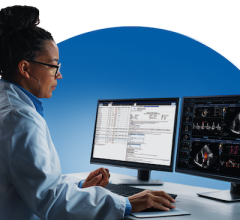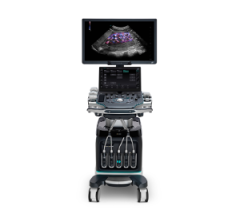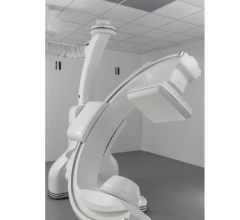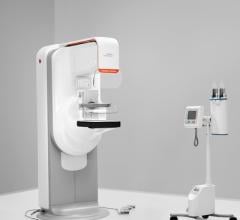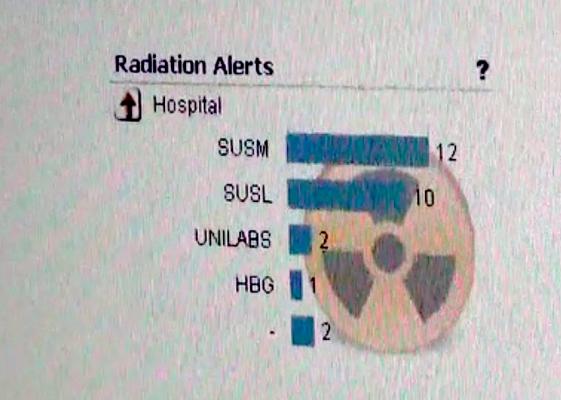
March 30, 2017 — The Connecticut Hospital Association (CHA) and Bayer announced an alliance to establish the United States' first-ever statewide radiation dose management repository for patients undergoing certain radiological procedures. The repository will use Bayer’s Radimetrics, a radiation and contrast dose management and analytics tool which provides clinicians with data needed for them to help ensure their patients receive the lowest radiation dosage necessary. The goal is for clinicians to be able to share the data in order to benchmark radiation exposure.
Patients often undergo multiple diagnostic imaging procedures involving radiation – frequently in different provider locations – making it difficult to know the cumulative dose they have received. While the amount of radiation to which each person is exposed depends on his or her specific medical condition, rare circumstances of prolonged, high-dose exposure to radiation could have adverse effects on patients. These risks include skin erythema (reddening), skin tissue injury and birth defects following in-utero exposure.[i] Additionally, radiation can potentially increase the risk of longer term effects such as cancer.[ii] Keeping track of radiation dosage across procedures may help identify these risks and allow physicians to take steps to reduce patient exposure. By benchmarking radiation dosage throughout the CHA network of hospitals and the state of Connecticut, CHA and Bayer hope patients in the future will be empowered to track their own radiation exposure.
"Connecticut hospitals are national leaders in implementing innovative solutions to achieve patient safety," said Jennifer Jackson, CEO, CHA. "This alliance with Bayer is another example of that leadership. We are very proud to be the first state in the nation to adopt a project that will allow patients and their doctors to measure and closely manage the levels of radiation required for effective imaging and diagnosis."
Giving the lowest appropriate dose of radiation to make a diagnosis is important for patient safety. The repository will provide clinicians with a tool to assist in evaluating the optimal radiation dosage for patients.
In the coming months, hospitals in Connecticut will use Bayer's Radimetrics Enterprise Platform to collect and analyze data at the statewide level. This information will allow providers to benchmark radiation dosage, pursue quality improvements and develop standard clinical practices.
"Connecticut hospitals are committed to improving patient safety, which includes promoting patients' rights to understand their own medical records," said Mary Cooper, M.D., JD, senior vice president of clinical services, CHA. "The alliance with Bayer will empower patients."
Utilizing data from certain imaging studies, the repository will maintain radiation dose information when patients visit participating CHA member institutions for diagnostic procedures.
For more information: www.bayer.us
References


 February 04, 2026
February 04, 2026 


